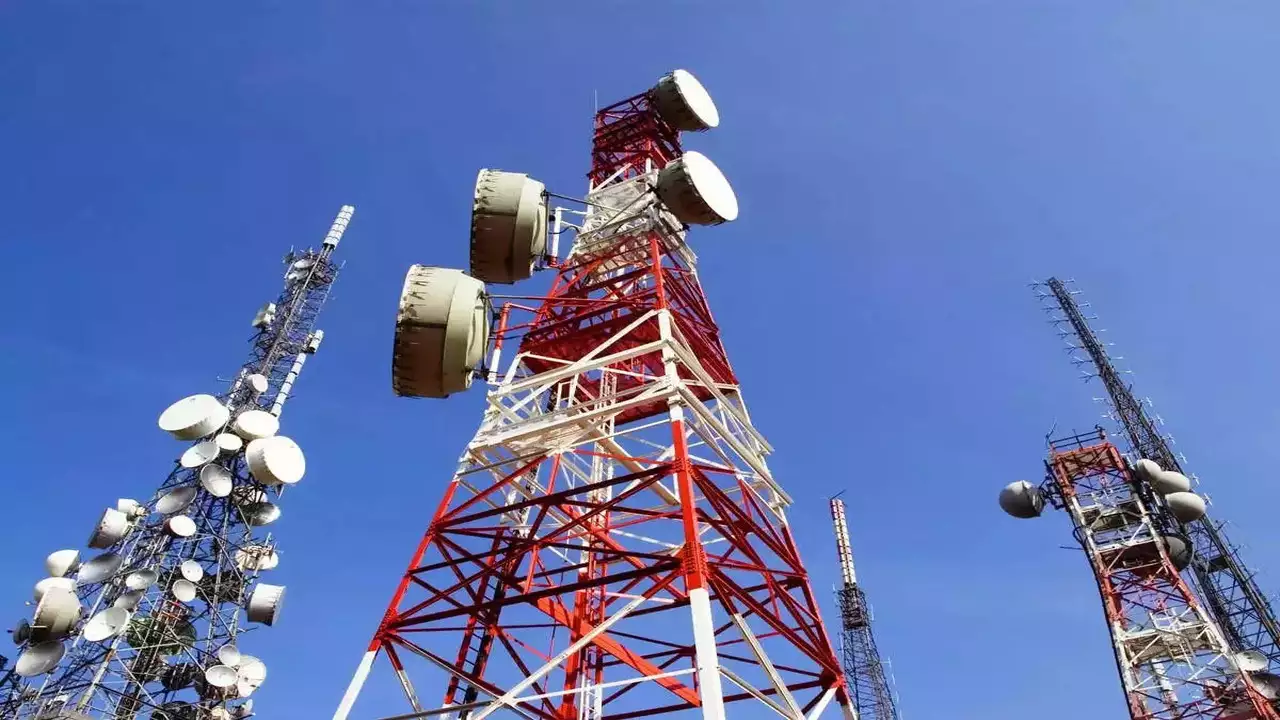The Department of Telecommunications (DoT) has instructed telecom companies to deactivate USSD-based call forwarding by April 15 and transition to other methods for reactivation, as per an official directive.
USSD, or Unstructured Supplementary Service Data, is a service accessible to mobile subscribers by dialing specific codes on their phone screens. It is commonly utilized for tasks such as checking IMEI numbers and mobile balances.
The directive aims to address fraud and online crimes perpetrated through mobile phones. In a notification dated March 28, the DoT highlighted the misuse of USSD-based call forwarding, particularly through services like *401#, which facilitate unconditional call forwarding.
The competent authority has determined that all licensees must discontinue existing USSD-based call forwarding services starting April 15, 2024, until further notice. Additionally, subscribers who currently utilize USSD-based call forwarding are advised to switch to alternative methods to ensure that such services are not activated without their explicit consent.
This move by the DoT underscores its commitment to safeguarding mobile users from potential misuse of telecommunications services. By discontinuing USSD-based call forwarding, the department aims to mitigate the risk of unauthorized activities and enhance security in the mobile communications landscape.
The decision aligns with broader efforts to combat fraudulent practices and protect consumers’ interests in the digital realm. With the proliferation of mobile-based fraud schemes, regulatory interventions like this are crucial to maintaining trust and confidence in telecommunications services.
Telecom operators play a pivotal role in implementing these directives and ensuring compliance across their networks. They are expected to adhere to the DoT’s instructions and facilitate the transition away from USSD-based call forwarding for their subscribers.
Moreover, subscribers are encouraged to remain vigilant and adopt best practices to safeguard their mobile devices and personal information. By staying informed about potential risks and exercising caution while using telecommunications services, users can mitigate the likelihood of falling victim to fraudulent activities.
As the telecommunications landscape evolves, regulatory measures like this are essential to adapt to emerging threats and protect consumers’ interests. The DoT remains committed to fostering a secure and reliable telecommunications environment for all users.
In conclusion, the DoT’s directive to deactivate USSD-based call forwarding underscores its proactive approach to addressing cybersecurity challenges in the mobile telecommunications sector. By collaborating with telecom operators and empowering consumers, the department aims to enhance security and promote trust in mobile communications.









